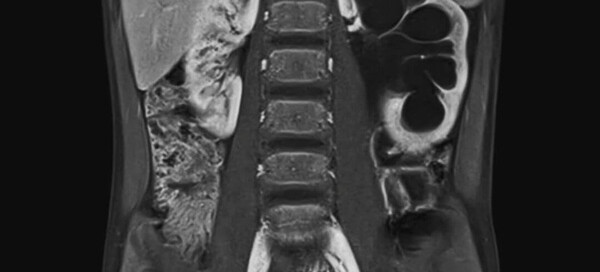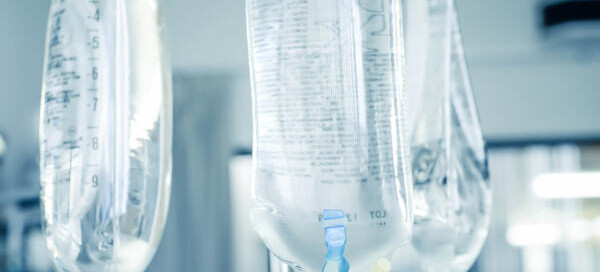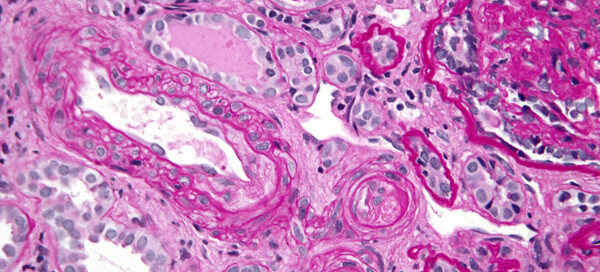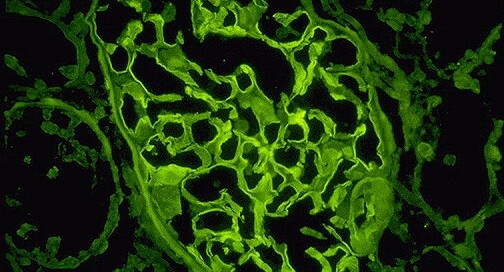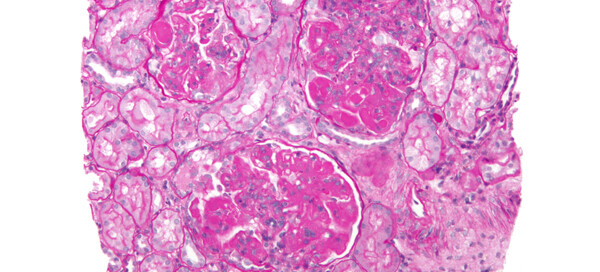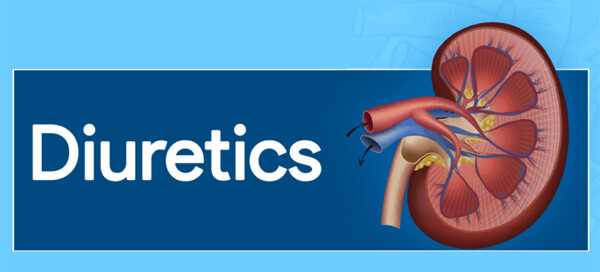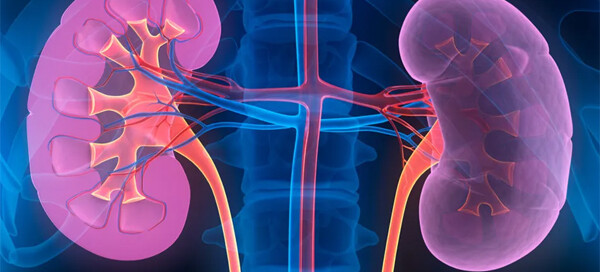Dietary Protein and the Kidney
Is protein bad for the kidney? Should protein be restricted? Are there downsides to restricting protein? These questions will be addressed below. There are a wide range of recommendations for dietary protein intake for patients with Chronic Kidney Disease (CKD) and in general. Reasons Why High Protein May be Harmful in Kidney Disease


